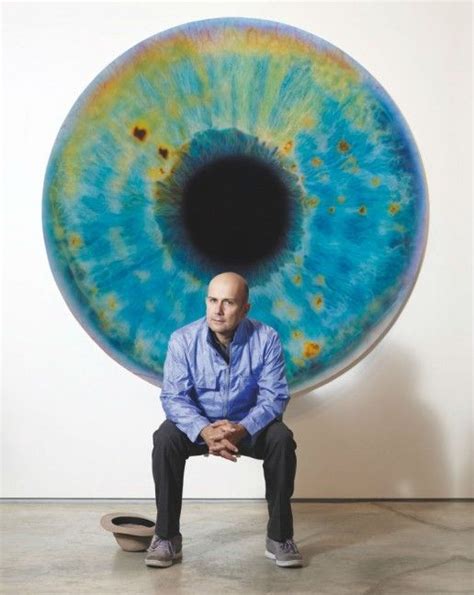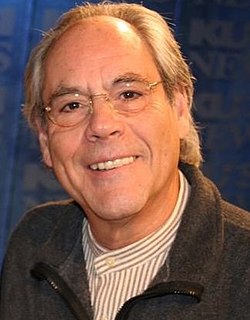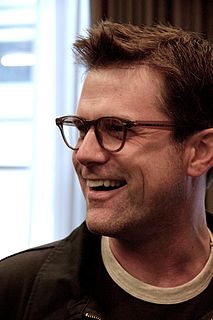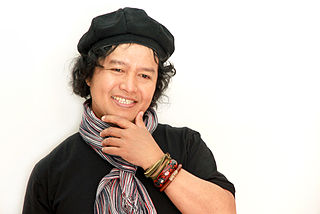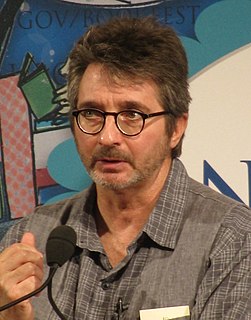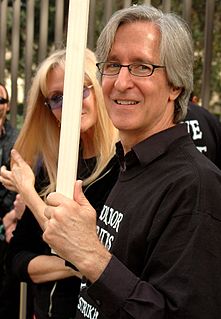A Quote by Clive James
Writing is a performance art for me. They're very closely aligned, writing and performing. But I'm a writer, not a performer.
Quote Topics
Related Quotes
I haven’t had trouble with writer’s block. I think it’s because my process involves writing very badly. My first drafts are filled with lurching, clichéd writing, outright flailing around. Writing that doesn’t have a good voice or any voice. But then there will be good moments. It seems writer’s block is often a dislike of writing badly and waiting for writing better to happen.
There are very few good writers about art, and you either get art-fashion writing with trendy views or you get very traditional writing. Occasionally, you get people who can write in an interesting way. Really, I think in a sense art writing needs to be renewed as well. It's in a pretty bad condition.





